Divorce Mediation & Collaborative Law
Divorce mediation is a process in which both parties agree to the terms of a divorce, with the mediator playing the role of facilitator. This is where both parties sit down face-to-face, often with an amicable attitude, at least two or more times, for an extended length of time. Divorce mediation is becoming more popular because it provides a format in which the parties can communicate their needs and feelings with an unbiased third party. The mediator keeps them from focusing solely on themselves and helps them to address the problems at hand in a calm, professional manner. Divorce mediation is used in many instances where one party is fearful of the other. Some of these instances include abuse, adultery, self-harm, or a host of other difficult situations.

Divorce Mediation is typically done through an impartial third party. The mediator is someone who is trained in family and divorce law. Divorce Mediation involves both parties sitting down for a prolonged amount of time in order to discuss their concerns and begin to work out an agreement about the details of the divorce. Divorce Mediation is the ideal method of communication, because it allows both people to get what they need without bickering or throwing harsh words back and forth. Divorce Mediation is a great alternative to a lengthy and expensive trial. Because the mediator is there to keep the parties calm, there is generally no need for a judge to preside over the agreement.
Both parties might have an idea about the type of divorce mediation that will be beneficial to them when they first meet. However, if they are still angry at one another or feel that they are drifting away from each other, then the divorce mediation can help them get back on track. Through divorce mediation, the couples can gain access to counseling services. They may also learn how to deal with post-divorce life better, such as handling employment, financial planning, and relationship difficulties. Divorce Mediation can often be less costly than going to court, since attorneys are usually unnecessary.
Most states require divorce mediation in order to use the collaborative process resolution. This means that both parties must agree to a settlement before the mediation can take place. The majority of states recognize the benefit of the collaborative divorce process resolution, which allows people to work out the details of a settlement without being unduly delayed by the legal system. Therefore, most states require that both parties accept a settlement before divorce mediation takes place.
The purpose of collaborative law is to ensure that both parties are treated fairly during the divorce proceeding. Divorce Mediation works in a similar way, except that it uses impartial third-party facilitators, instead of attorneys, to mediate the dispute resolution issue. Divorce Mediation cannot resolve or litigate any legal issues that must be resolved in court, such as the validity of the marriage, alimony, child custody, visitation, and/or financial matters. Therefore, individuals who elect to participate in Divorce Mediation may not have their cases heard in court.
Divorce Mediation is similar to a Parenting Agreement, except that it addresses the custody, visitation, and children concerns of the parties. Unlike a parenting plan, which is primarily a document drawn up by the mother and father to outline their agreement, the Divorce Mediation Agreement is more of a living joint document between the spouses. The process of mediation works much like a parenting agreement because the mediator(s) help to iron out potential issues that could become problems down the road, while they also help establish what each spouse is entitled to in the event of a divorce. Divorce Mediation can last a number of hours or one sitting, depending on the parties.
Divorce Mediation differs from Traditional Law in that it is generally much quicker. Traditional Lawyers work day and night to make sure their clients receive the results they deserve. In contrast, Divorce Mediation can take place in a couple of days, or the spouses can meet once and come to an agreement. This type of agreement is usually much more flexible than a Traditional Law Divorce, especially with regards to Child Custody. Furthermore, collaborative law provides the spouses with a great deal of flexibility as it pertains to money.
When it comes to both the parties, the results can be quite satisfying. As stated earlier, Mediated Divorce is a much quicker process for both parties and reduces the cost associated with litigation. In addition, it allows the spouses to move on with their lives and their personal goals without having to worry about the ever-changing laws and regulations of the judicial system. However, it should be noted that both a traditional and a mediation-based Divorce is expensive. If your budget does not allow for litigation, you may want to consider a mediation-based Divorce rather than a traditional one.



